
- The judging of brethren according to the law.
Deuteronomy 4:1 Now therefore hearken, O Israel, unto the statutes and unto the judgments, which I teach you, for to do them, that ye may live, and go in and possess the land which the LORD God of your fathers giveth you. 2 Ye shall not add unto the word which I command you, neither shall ye diminish ought from it, that ye may keep the commandments of the LORD your God which I command you.
Revelation 22:18 For I testify unto every man that heareth the words of the prophecy of this book, If any man shall add unto these things, God shall add unto him the plagues that are written in this book: 19 And if any man shall take away from the words of the book of this prophecy, God shall take away his part out of the book of life, and out of the holy city, and from the things which are written in this book.
James 4:11 Speak not evil one of another, brethren. He that speaketh evil of his brother, and judgeth his brother, speaketh evil of the law, and judgeth the law: but if thou judge the law, thou art not a doer of the law, but a judge. 12 There is one lawgiver, who is able to save and to destroy: who art thou that judgest another?
James is misunderstood. The law judges, men, so men should not be judges of one another. When a man is condemned by the law, it is God who condemns the man. When we condemn one another apart from the law, we are judging the law, as James stated, and essentially telling God that His law is not good. Paul’s judgment in 1 Corinthians chapter 5, of the man who had his father’s wife and who therefore should have been put out of the assembly, was good, because it was the law which condemned such an act, and not Paul.
- Britain’s two-tier justice system, where judges purposely sentence White men more harshly, and the recent publicity as the prime minister vows its elimination.
- Weapons laws in Germany, comparing U.S. knife laws. The refusal to acknowledge that diversity destroys liberty. The Australian prime minister’s statement that freedom of speech doesn’t work in a multicultural society. Hate speech against Whites in South Africa, singing “Kill the Boer” is protected by their Supreme Court.
- Can the earth fit all of the people resurrected to the Kingdom of God? Texas alone has nearly 172 million acres.
- The laws of Napoleon, legalization of Sodomy… was Napoleon White?
- Central banks and plans for digital currencies. Cryptocurrency in gambling.
- Wealth, hording, giving, Christianity is not Communism, and Communism is antithetical. Parables of the vineyard workers and the wicked servant, Acts chapter 4.
- What it means to “never taste death”, John 8:52, Luke 9:27 etc. The physical body as opposed to the spiritual body, cf. 1 Corinthians chapter 15.
- The law written in our hearts is not a necessarily a knowledge of the law, but a spiritual willingness to keep the law. The moral values of the “world”, or society, are not the moral values of God.
- Deuteronomy chapter 35 and the list of forbidden “bad” words (a joke, Deuteronomy has only 34 chapters). Keeping the law of God is also the love of one’s brethren.
- Freedom of speech erosion in the U.S….
And more!


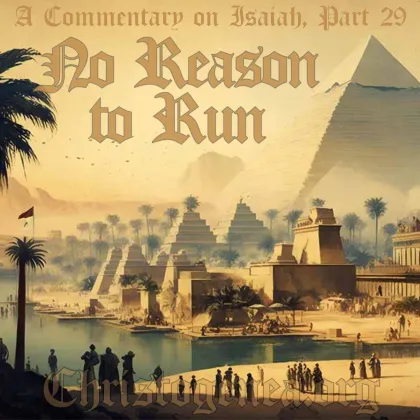

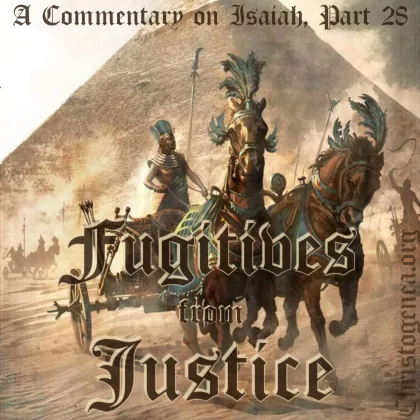
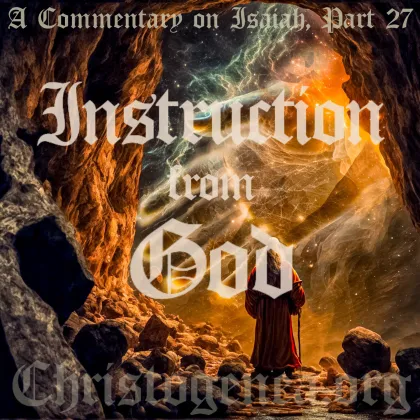

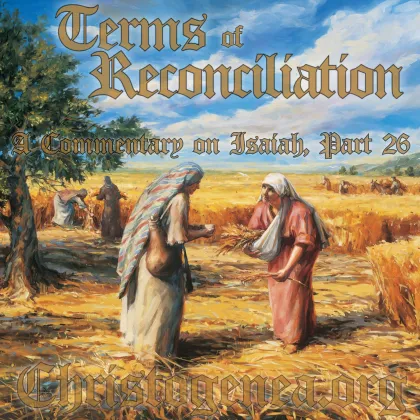
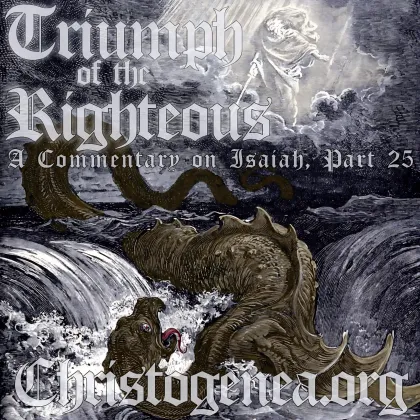
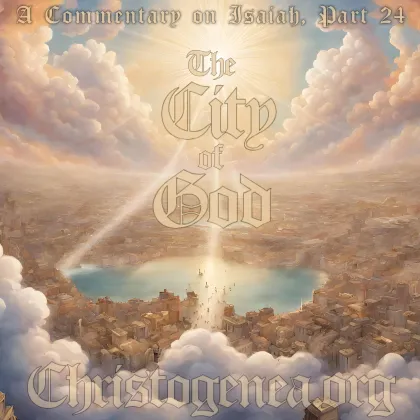
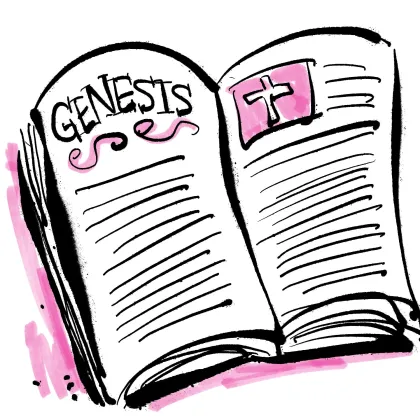


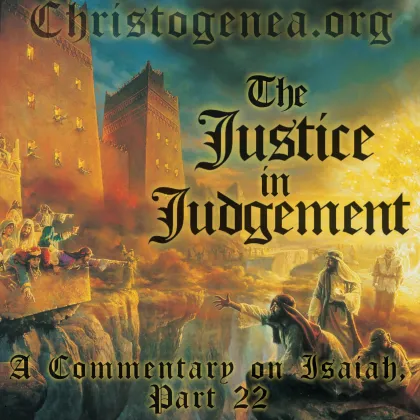
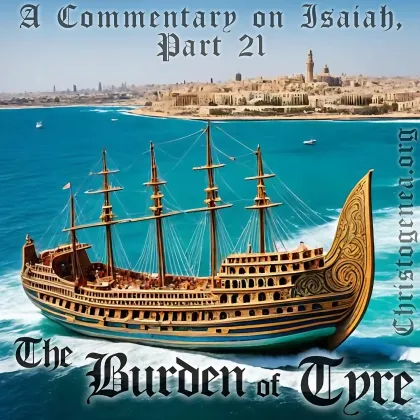
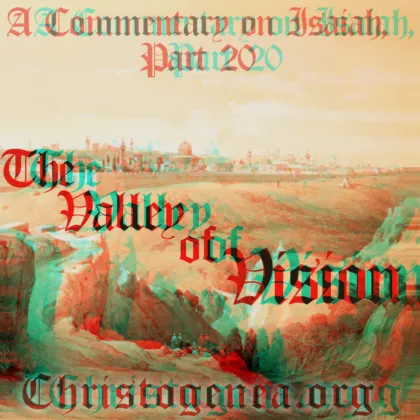
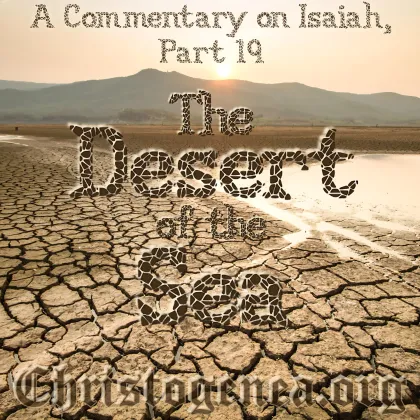



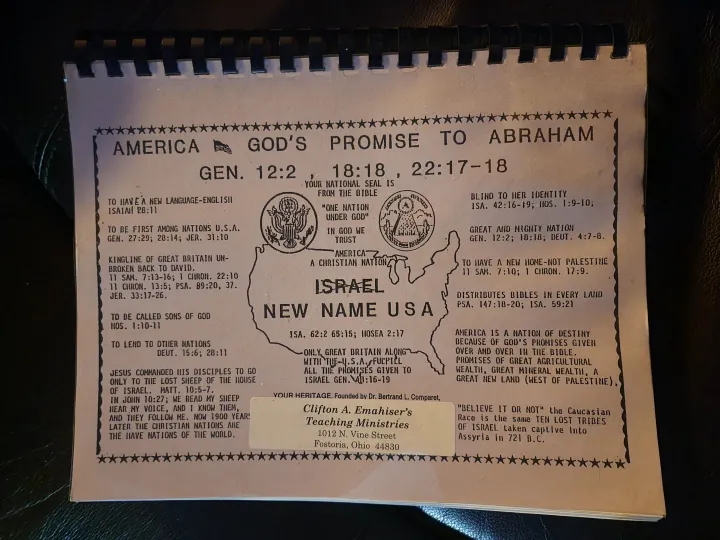
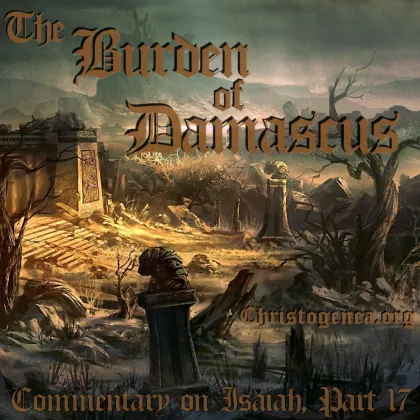




 Please click here for our mailing list sign-up page.
Please click here for our mailing list sign-up page.







